After the eight major sects besieged Guangmingding, the three teachings and nine streams were also ready to move...
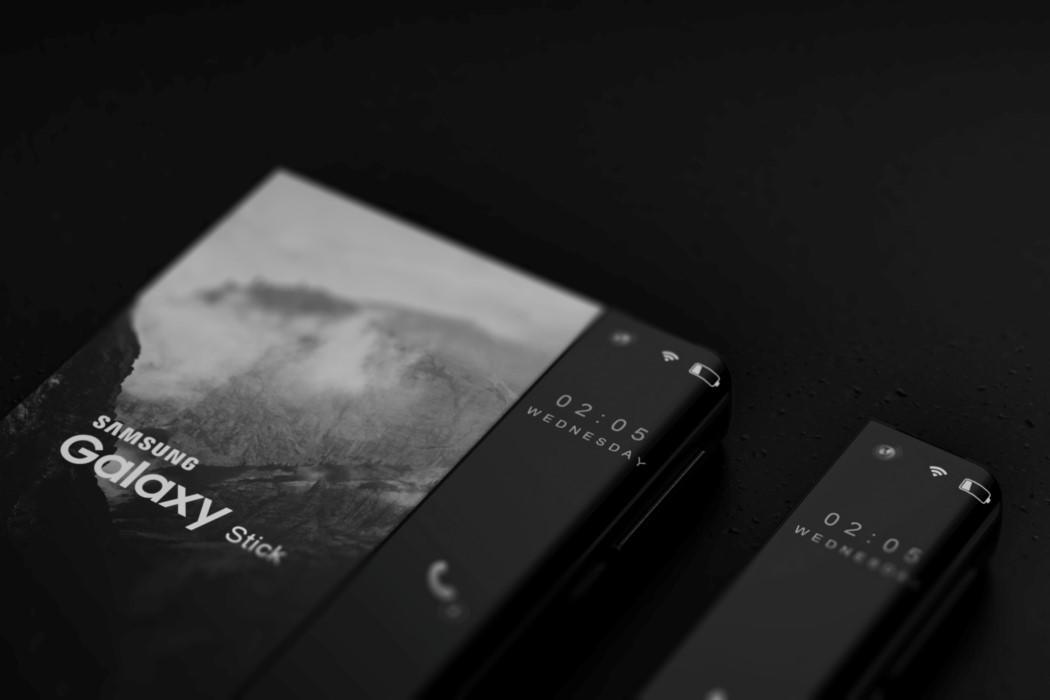
From Samsung Galaxy Note 10 on August 8, Apple iPhone 11 on September 11, vivo NEX 3 on September 16, Xiaomi MIX Alpha on September 24, Huawei Mate30 on September 26, Microsoft Surface Duo on October 2, Essential Phone GEM on October 8, OPPO Reno Ace on October 10, to Google Pixel 4 on October 15......
In a short period of 68 days, all major manufacturers have finished their work and finally buried their own foreshadowing in the first year of 5G.
As for whether you are enjoying yourself, whether to Call or throw eggs, it really doesn't affect the ending.
Samsung can only take 5G, Apple has chosen to work hard on 4G, vivo has brought a more open screen, Xiaomi has simply danced a spin dance, Huawei's body and mind are in love with photography, Microsoft is hard to live in full view of the public, Essential is once again unconventional, OPPO has picked up the cost performance again, and Google has handed over its own emotional machine under the bell.
No matter how much emotion we read from their respective new machines, whether we are indomitable, slow, or standing still; it is necessary for us to realize that the era of 4G is coming to an end.
As one of the few "slow companies", Apple has chosen to stay in the 4G era and has become a banner of "5G precocious". This attitude of "the world is drunk and I wake up alone" certainly shows its prudence and rationality. However, the "three shots" taken out at a turn are not as invincible as imagined, and Android manufacturers have not exceeded expectations after a year and a half. And this shape is really a long story.
We can understand Cook's misinterpretation of innovation, but Apple (bangs, wire planers), which returns to the "form following function" category, is really not so cool.
I thought Apple would have "big moves" at the end of 10 after the March to be soft and the September innovation, but looking at the AirPods of "sneaking into the night with the wind" the night before yesterday, I always felt a little guilty: Cook probably really gave up the design to the end. Anyway, the iPhone 11 has stabilized its market value above trillion US dollars. Why should it be the "stupid bird?
While sighing, it is inevitable that some thoughts are still unfinished.
At a time when Huawei led everyone by the nose, Xiaomi lost its life and OV lost its direction. Samsung's adult beauty, Microsoft's serious, Google's perfunctory, Apple's "Jiang Lang's talent"; Are there really only a few possibilities for "communication phones" in 2020?
You know, in addition to Essential Phone GEM, which is not yet on the market, the "number one players" in the domestic (Huamiov) mobile phone market represented by these eight manufacturers have all shown their "housekeeping skills".
However, facts have proved that they cannot support the title of "2020 the next generation of smart phones.
Moreover, in view of Xiaomi and OV's intention to avoid Huawei, Samsung, Microsoft and Google do not have the strength to steal Apple's limelight. Obviously, they have not regarded "this new machine in the second half of 2019" as the final battle!
In addition to this main battlefield, under the condition that the "eight masters" still have spare capacity, in the market share that can only stay in "others" forever, some players squeeze their heads and want to fight for the "resurrection match".
And they obviously entered the "crazy" era around 2000.
(1)
A Brief History of Mobile Phone
○
Since the first mobile phone call in human history was realized on April 3, 1973, mobile phones have been very different in less than half a century.
The prototype of Motorola DynaTAC 8000x, the world's first commercial mobile phone, initially weighs about 1.13kg and can only talk for 10 minutes.
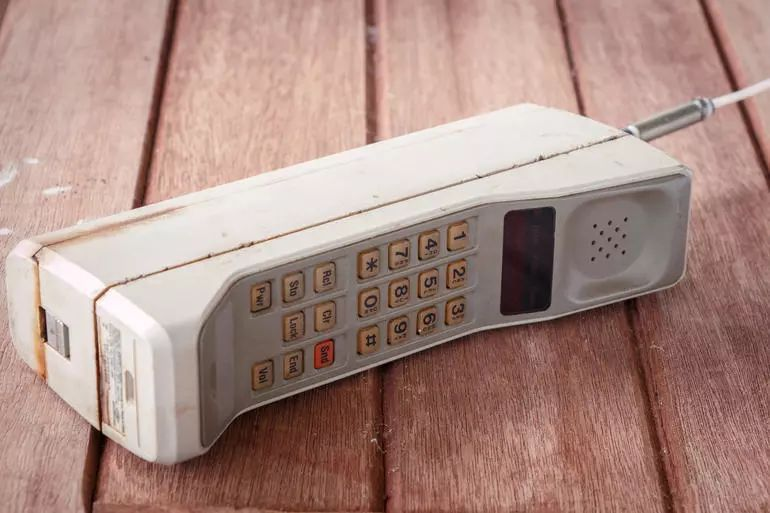
Today, we almost have a mobile phone with a weight of less than 200 grams, a thickness of less than 8mm, and hundreds of millions of pixels. However, its functions are no longer limited to calls, short messages, pictures and texts, social networking, shopping, multimedia, short videos......
As long as we can imagine, it can almost satisfy.
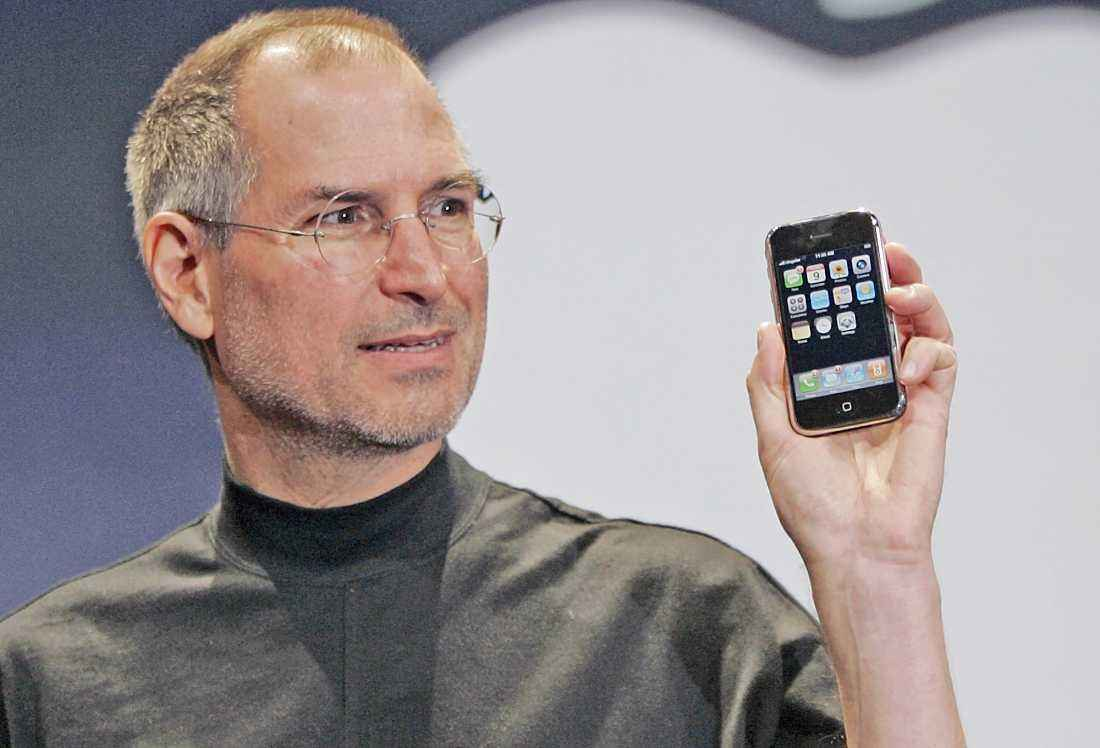
However, the development of mobile phones here is not achieved overnight.
Although Motorola's prototype came out as early as 1973, it was not until 1983 that Motorola launched its first portable phone, which is what we commonly call "Big Brother".
It took Motorola ten years from technological success to market.
Of course, this is not because the technology is not grounded, but Motorola needs to spend time building the world's first civil base stations; policy guidance, capital raising and market education need time.
The first mission of mobile phones in the era of analog mobile phones is communication. Although its communication quality is comparable to that of fixed lines, the confidentiality is poor and it is easy to be stolen by parallel phones. Moreover, it can only realize voice service, with small network coverage and poor roaming function.
This is Motorola's time.
With the birth of the European telecommunications standard "GSM" and gradually becoming the mainstream, we have finally stepped out of the era of mutual constraints of analog communication systems.
GSM digital network has strong confidentiality and anti-interference, clear sound quality, stable call, and has the advantages of large capacity, high frequency resource utilization, open interface, and powerful functions.
Although the Internet speed at that time was only 9.6KB/s, its appearance still marked that the mobile Internet has since flown into the homes of ordinary people.
Major manufacturers are vying to enter the game, but Motorola's dominance is shaky because it refuses to abandon the existing analog network adjustment strategy; at the same time, Nokia, Ericsson and other manufacturers come from behind.
Here, in January 1999, the first folding mobile phone Motorola 328c, in October 1999, the first built-in antenna computer Nokia 3210, in January 2000, the first large screen (accounting for 1/3 on the front of the mobile phone), the first touch screen Motorola A6188 supporting Chinese handwriting input in March 2000, the first dual-screen display Samsung SGH-A288 in May 2000, the first Siemens 6688 integrating MP3 mobile storage function in December 2000, and the first in August 2001 the color screen mobile phone Ericsson T68, the first built-in camera five-dimensional rocker slide cover Symbian system smartphone Nokia 7650 in October 2002, the first encrypted communication smartphone Blackberry 6230 in 2003, and Motorola's "Blade" V3 mobile phone in 2004 triggered a fashion design boom.
But in this era of the "big bang" of the first generation of intelligent machine industrial design, its price is deep.
In 2001, Ericsson launched the color screen mobile phone T68 and there was no follow-up.
In 2003, Nokia 1100 became the best-selling mobile phone in history and gradually became mediocre.
In 2004, Motorola's ultra-thin metal body overturned the aesthetics of mobile phones, but it was also mired in a quagmire in the following years.
In 2005, Sony Ericsson (Sony Ericsson, a joint venture established by Japan's Sony Corporation and Sweden Ericsson to produce mobile phone products) was a flash in the pan.
In this era when everyone is ready for a "blockbuster", some people bet the right bet, some people lose the game, some rely on innovation for a while, some seize the wind and take advantage of the situation, but some people are lost.
What is more interesting is that Nokia 1100 and Samsung D508 have mediocre functions, but they are stable and simple. Design and work have benefited greatly.
It can be seen that as early as the GSM era, we have begun to pay attention to the "extra" value of mobile phones.
In 2007, after years of development, mobile phones have basically taken shape, and major manufacturers have basically determined their own styles; they have started an "inclusive" arms race.
Until the iPhone with a full touch screen body and a single HOME key designed by Jobs was born in the 3G era, it became the benchmark of the industry. To some extent, it also brought the major manufacturers back to the right track and laid the embryonic form of the current smart phone.
When the first generation king "Motorola" was overthrown by Nokia and Ericsson because of conservatism, the second generation king "Nokia" also went to confusion.
During this period, Apple had a new definition of "smart machine", and then stimulated the birth of the Android camp. Samsung has survived until now because of a breakthrough in hardware (camera technology catching up with Sony Ericsson and Nokia; Screen technology reaches Japanese level).
In the 4G era, domestic mobile phones are in the cracks between Apple and Samsung. From cost performance, spokesmen, channels, ideals to feelings, "celebrities bring goods" is in the limelight.
Although the third generation of "Samsung" has good hard power, it has lost the Chinese market because of various security issues and political elements.
The invisible champion "Apple" once embarked on the old path of Samsung, but the user's tolerance for it is too high, coupled with Cook's long-sleeved dance, the result is not so bad.
In this process, everyone is less and less concerned about the brand premium, and more and more attention is paid to the "innovative cost performance" of the mobile phone itself ".
This is especially true in Huawei's "dominant" 5G era.
Although the current market environment is still immature, it determines that 5G will not go too fast.
However, the Sino-US trade friction has pushed it to an incredible height, which determines that 5G is the general trend.
Looking around, from "China Cool Alliance" to "Huami OV", in less than 6 years, the domestic camp has turned upside down and become a behemoth:
According to the 2019 Q2 China Mainland Smartphone Market Statistics Report released by IDC, in the second quarter of this year, the domestic smartphone market shipped about 97.9 million units, a year-on-year decrease of 6.1%.
At the same time, the total shipments of TOP5 brand manufacturers composed of Huawei (including Glory), vivo, OPPO, Xiaomi and Apple have reached 92.9% of the overall market size, which was 88.6% in the first quarter of this year.
Of course, the United States is indispensable here ".
On the topic of Apple, Samsung and Huami OV, we will stop at once.
We might as well take a look at the "large-scale" "breakthroughs" in the shape and definition of the players in the "resurrection match".
②
Alien
○
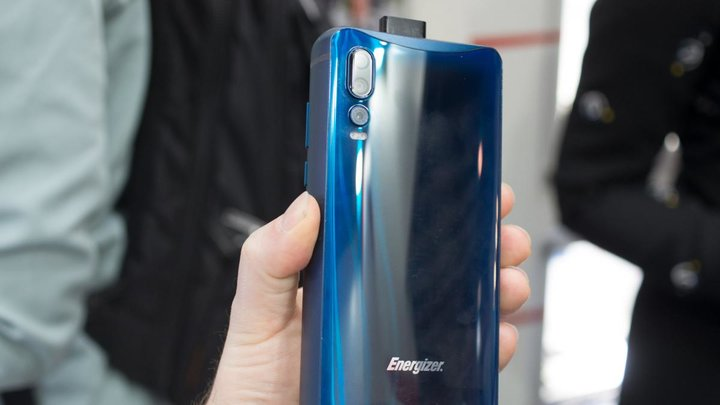
Thicker mobile phones need not say much.
At this year's MWC conference, Energizer, the world's largest battery manufacturer, released a Power Max P18K Pop, which claims to be the world's largest battery capacity, with a built-in super-large battery with a capacity of 18000mAh and a battery life of up to 50 days.
But the thickness of 18mm is really touching.
We also dabble in the more complete mobile phone Xiaomi MIX Alpha and the longer mobile phone Essential Phone GEM. Although they are almost the ultimate in their respective ranges, they are still at the conceptual level due to practical problems.
In addition, there are two directions in the shape, and there may be a little possibility.
First: smaller
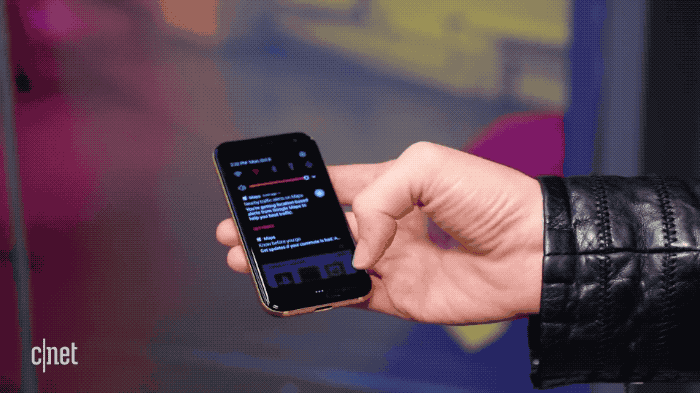
Before Android ruled the smartphone market and even before the birth of the iPhone, Palm had a glorious history of beating Microsoft, subduing Sony and IBM, and being watched by Jobs, who had not even made the iPod at that time.
It's just that now it has fallen, and the posture of returning now is not "decent".
On October 23, Palm China's official microblog posted a microblog announcing that Palm was about to enter China and that the pricing of the national bank was 1999.
Apart from its small size and feelings, there is really no bright spot.
If it can be made into a "full screen" and delete some unnecessary functions, it may also become a "spare tire" for smart machines ".
Second: more square
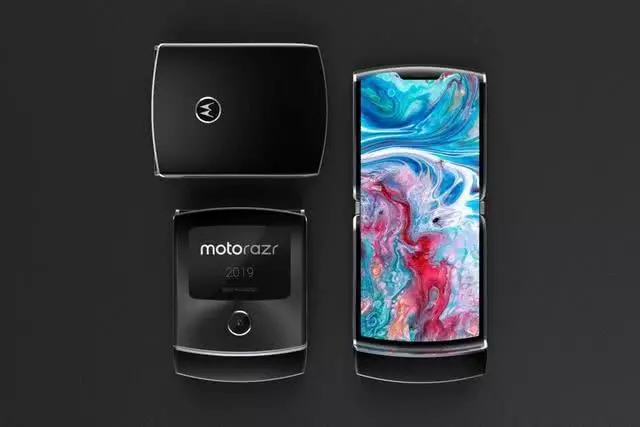
Foreign media news: Motorola's folding screen mobile phone RAZR 2019, which will be released on November 13, will be folded up and down, just like a flip phone, with a chin below to hold the necessary modules. And there is a small screen outside to display time and notification.
This "waist-folded" mobile phone can easily awaken people's memory of the first generation RAZR blade V3, after all, it has set a feat of global shipments exceeding 100 million yuan. But that's all.
The significance of RAZR 2019 is that it breaks through Samsung's "internal folding" and Huawei's "external folding" thinking patterns, and does not take shortcuts like Xiaomi's "surrounding screen". It took the lead in realizing the patent effects of Apple and Lenovo.
And because this folding posture is very similar to a jewelry box, the proportion of the whole machine will become very short, and its thickness can be limited to a certain range, which will have relatively large portability.
But the protruding "chin" may become its weakness, it will destroy the overall feeling of the whole screen.
Third: More cool
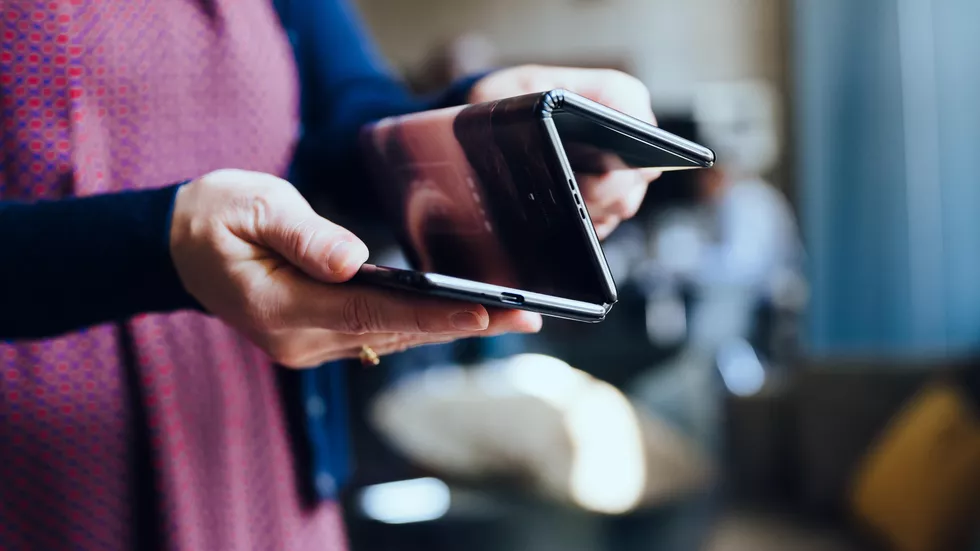
We have talked a lot about the practicality of folding screens, but the appearance of TCL still makes people shine at the moment.
It combines the concept of "inner folding" of Samsung Galaxy Fold and "outer folding" of Huawei Mate X. It has no isosceles triangle gap and no outer handle of mobile phone. It looks perfect, with three states of 1/3 screen, 2/3 screen and full screen. It can also make a guest appearance in touch screen notebook when 2/3 screen.
However, although this method is cool, it has created an order of magnitude for Huawei and Samsung on the demand for screens and hinges. Originally, "internal folding" was difficult, and "external folding" has always been difficult to produce. Xiaomi MIX Alpha has no way to make a "surround screen" that is not so practical ".
Although TCL's double-fold mobile phone is more troublesome, it is not necessarily the best way to realize the folding mobile phone. The middle screen must be used with the third screen, and the overall feeling is particularly strange when the first screen is used alone.
In addition, we are not sure about the significance of the third screen, is it just to make the whole machine fold again?
Although the third screen can be used as a touch keyboard, it cannot stand up naturally with its design structure. When tapping the keyboard with one hand, do you still need to hold it with the other hand, which feels quite awkward.
(3)
Alienation
○
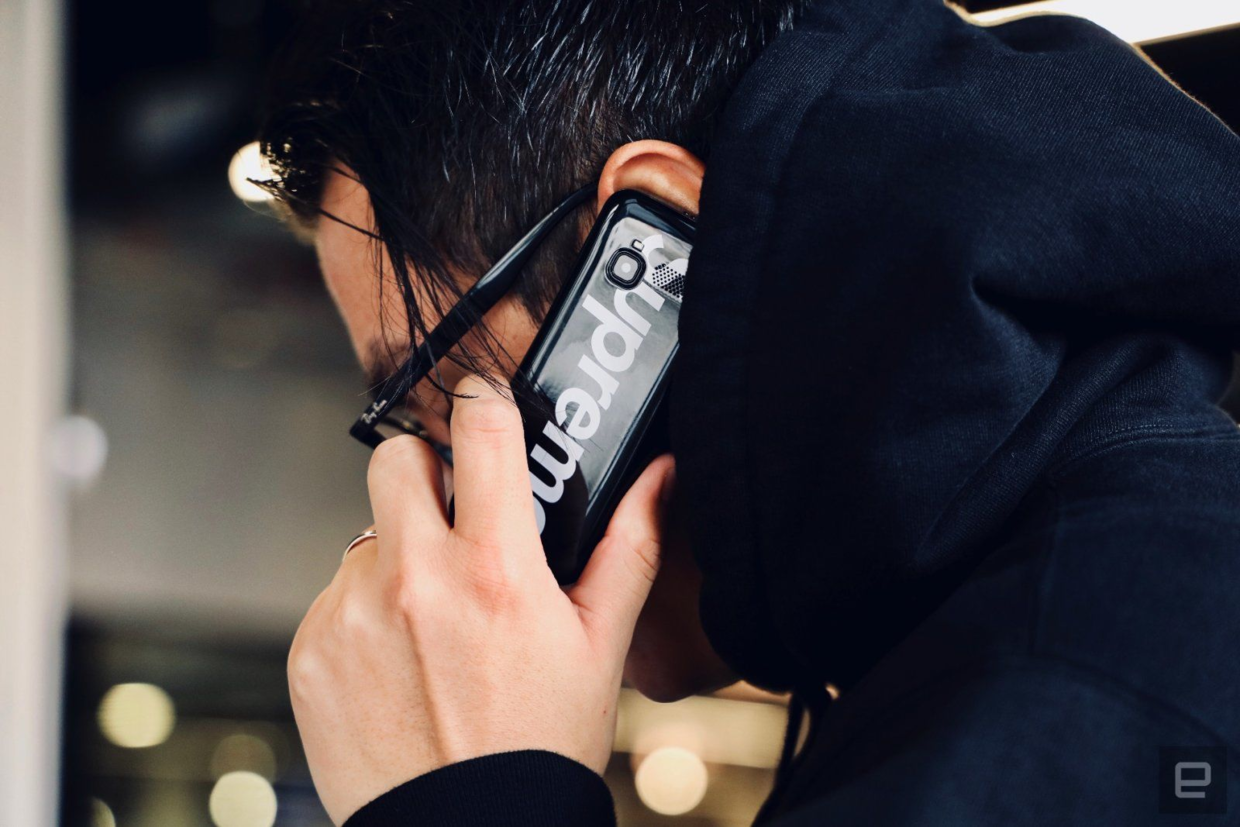
In addition to questioning the appearance of mobile phones, some manufacturers have also begun to reflect on the significance of mobile phones.
This "OEM" mobile phone, which is pre-sold on the Supreme website, is eligible to go to the store even if it needs to make an appointment online and confirm the invitation. It takes about two hours to queue before entering the store. But it is still selling well.
Even if this mobile phone has only 2.4 inches of "rotten street" letters on the back of the mobile phone, the screen is only inches, supports up to 3G network, and only has a VGA camera on the back.
It can be seen that the irrational consumption of foreigners is also brain-burning.
First: More exotic flowers
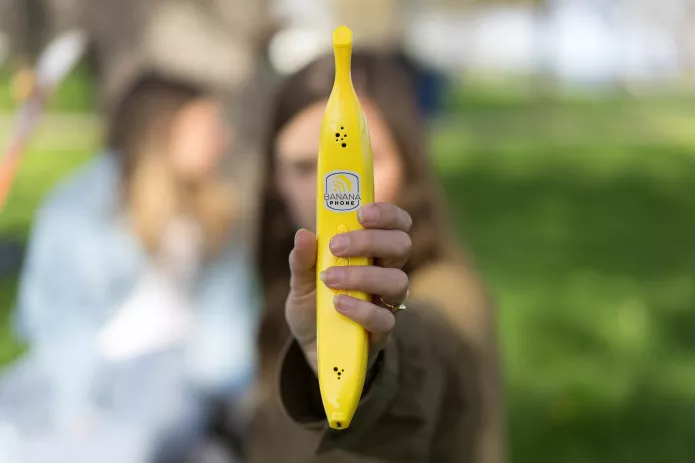
This one is not even a mobile phone, it is a Bluetooth headset connected to the mobile phone, it just looks like a banana.
The first banana phone was launched on the Indiegogo in 2017. It seems that it can only make calls and the call quality is not very high.
The latest banana phone can make sound through a larger speaker than the original generation, and its battery life has been increased from 10 hours to 20 hours, but it does not position itself as a speaker.
Although this Bluetooth phone is not meaningless, it has to carry a banana while carrying a mobile phone. This kind of logic is really touching.
Second: more artistic
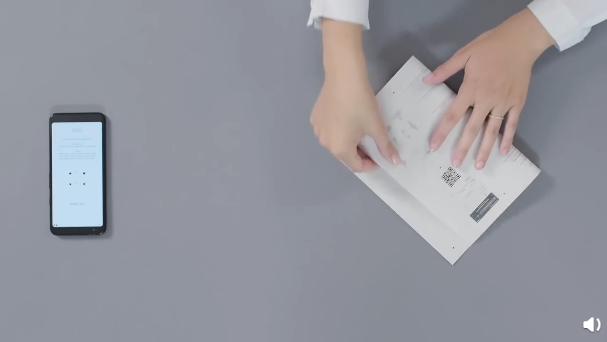
Compared with the bewildering behavior of banana mobile phones, Google simply showed up for a "performance art".
On October 27, among the six latest experimental products released by Experiments by Google, one product called "Paper Phone" can avoid the interference of "Fear of missing out" and only provide us with limited information.
Are you sure this is not an instant printed "mobile phone memo"?
④
Alien Army
○
The above mobile phones either take a different approach to styling or re-examine the logic of their use.
However, there are also former kings who intend to use their strength to fight hard with Huawei OV & SAMG.
First: Moto G8
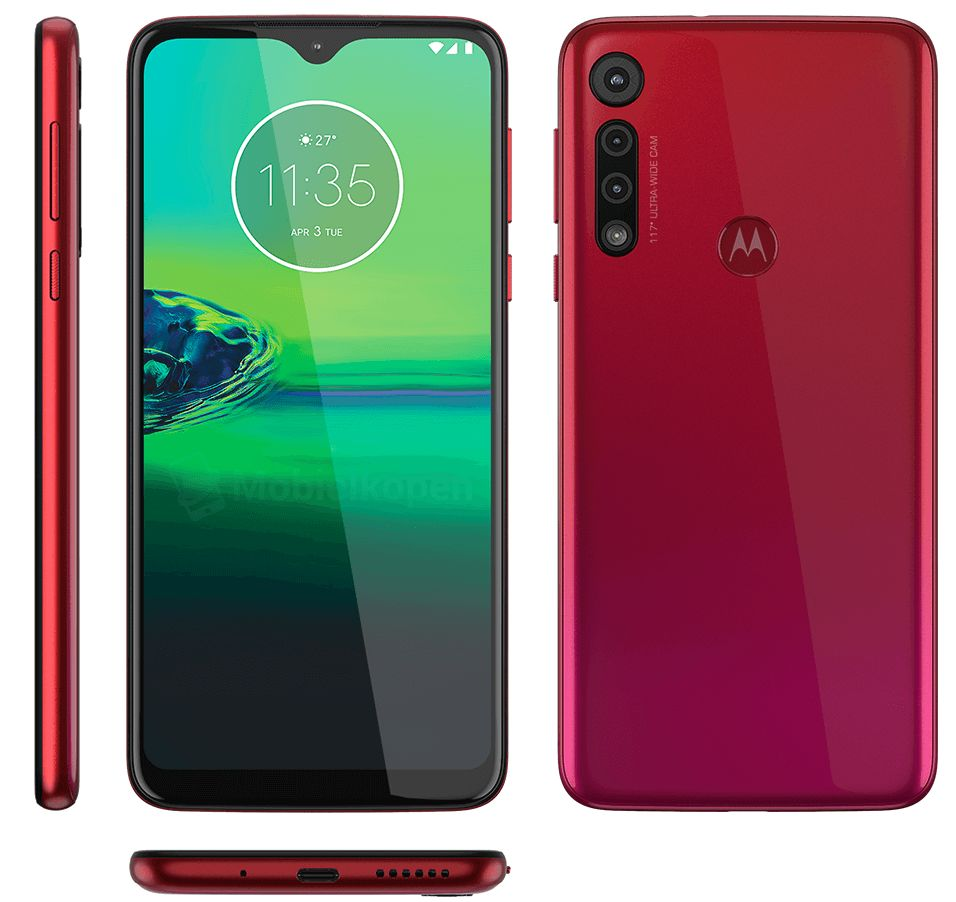
On October 24, Motorola launched two new machines, Moto G8 Plus and Moto E6 Play.
The Moto G8 Plus is a mid-range model with a 6.3-inch IPS display on the front, FHD resolution, and drop screen design. The presence of the border and chin parts is not low.
Moto E6 Play starts at 109 euros and is equipped with a 5.5-inch HD display with a screen aspect ratio of 18:9 and a frame that is not narrow. At the same time, a 5 million-pixel selfie camera is installed on the front of the body.
This model is quite passable, but this configuration is hardly in the same era.
Second: Nokia 8.2
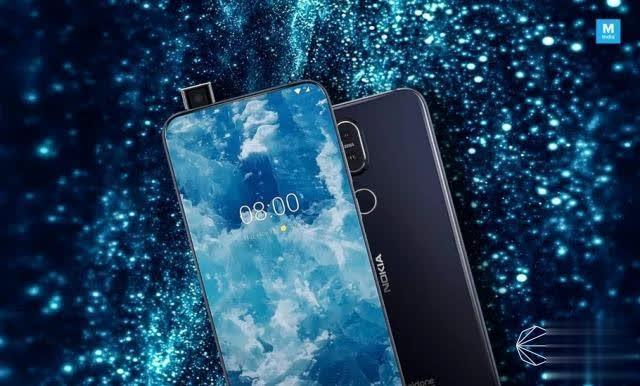
Recently, in addition to the launch of the new HMD function machine Nokia 110, the Nokia 8.2 has also been exposed.
It is reported that the device will be equipped with Qualcomm's unreleased Xiaolong 735 processor, 64 million pixels, manufactured based on 7nm process, and support AI engine and machine learning.
With Microsoft Lumia becoming a swan singer, HMD intends to regain Nokia's entry into the mid-market.
It combines relatively popular elements on the market (four cameras, 5G, pop-up full screen), and the "shadow" of Nokia can hardly be found from inside to outside ".
Third: HTC Exodus 1S
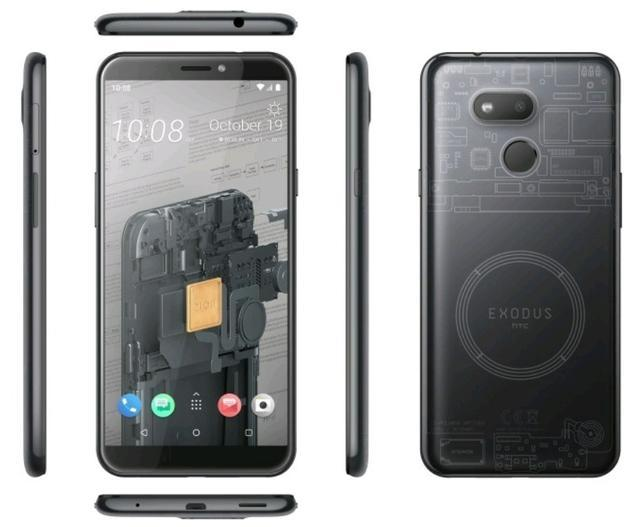
From the former Android king to now fading out of the global market, HTC can see the warmth and coldness of human feelings.
Now, HTC's current CEO Yves-Mates announced that he would focus on VR and stop the innovation and research of mobile phone hardware, bringing the latest block chain mobile phone Exodus 1S.
This machine is a sequel to Exodus 1, and its appearance is similar. In terms of configuration, it is equipped with a 5.7-inch screen, the processor is Xiaolong 435, the rear camera is 13 million pixels, and the battery capacity is only 3000mAh. The selling price is 219 euros (about equal to 1731 yuan RMB).
However, HTC is still in the micro USB era when both 1000 yuan and 100 yuan machines are turning to Type-C interfaces.
Fourth: Sony Xperia 1
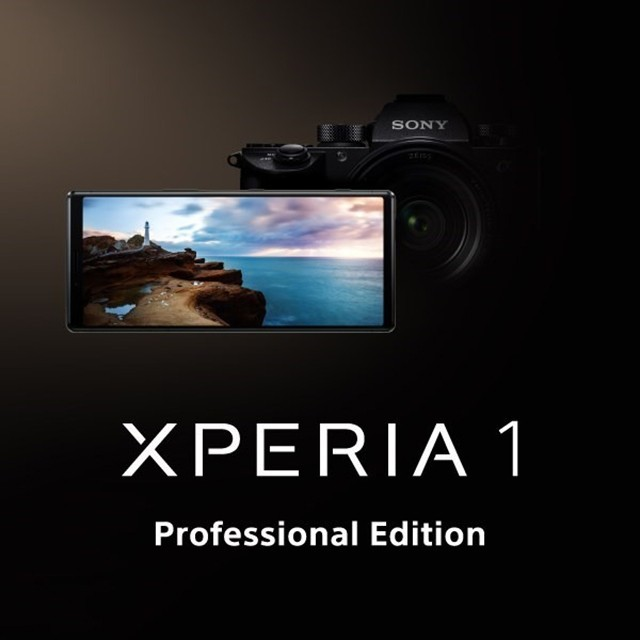
As the first GSM mobile phone to land in China and help China build a mobile communication foundation, Ericsson is no longer brilliant. Moreover, because it is more sad than Motorola and Nokia in those days, it is already covered in the memory of most people.
After Sony Ericsson W & K was dying, only Sony was left in a corner, relying on its own advantages in hardware to resist Apple's bullying.
Recently, Sony's new Xperia 1 Professional Editon to the Ministry of Industry and Information Technology.
The professional version is for video producers, photography enthusiasts and e-sports players.
The data is quite professional, but the price may exceed 10,000 yuan.
⑤
Heterogeneous
○
The quality of the above mobile phones needs further verification by the market.
But before the market verdict, several brands had already sentenced to death.
First: RED Hydrogen One
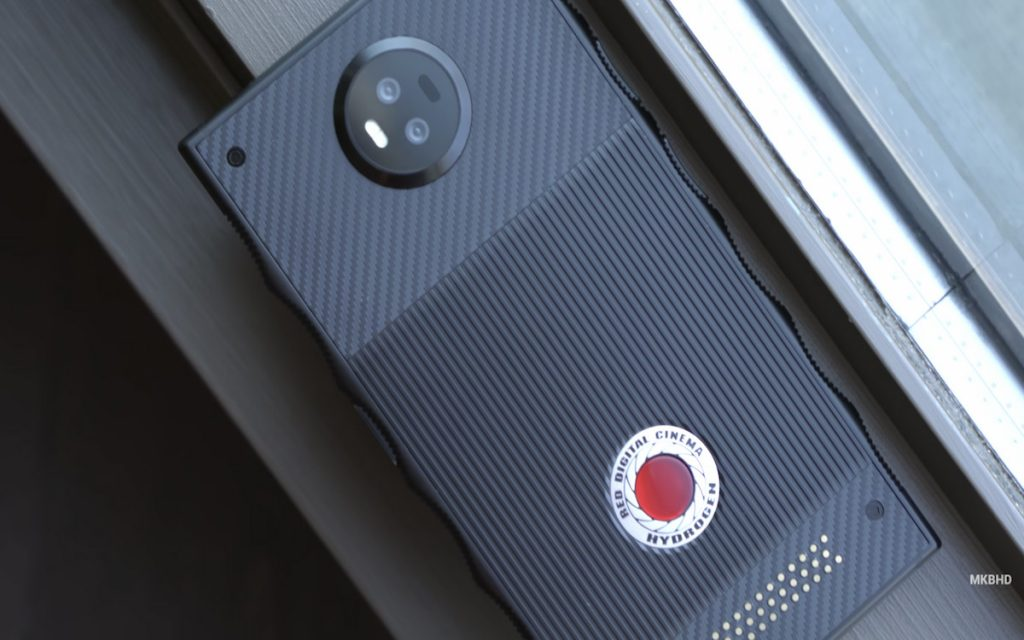
Perhaps most people have no impression of this mobile phone, because the industrial camera brand RED has only entered the mobile phone market across borders.
RED announced its entry into the mobile phone market in 2017 and officially released RED Hydrogen One. However, it was not until October 2018 that the mobile phone was on sale.
Today, one year later, the RED Hydrogen One project has been halved before its climax.
Because its so-called killer "holographic display" is only naked eye 3D, the expansion module is also anticlimactic.
Second: Blackberry Key 3
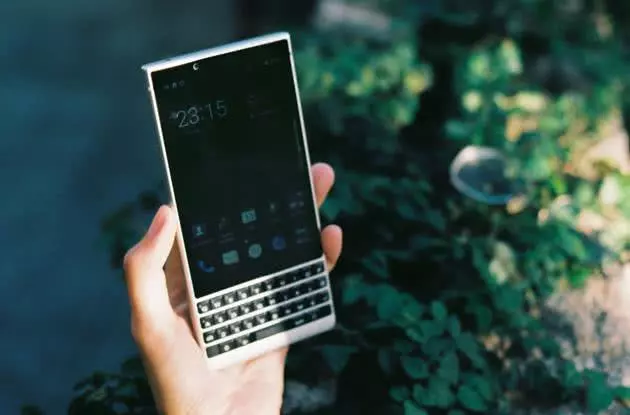
According to Pocket-lint, Stefan Streit, general manager of marketing at TCL, a company owned by the BlackBerry brand, said in an interview that BlackBerry has no plans to launch 5G phones in the short term.
Today, after Blackberry released Key 2 in May 2018, it only brought a new color matching key 2 in the first half of this year. The expected Key 3 has been pending.
Officials are even more outspoken: BlackBerry has no plans to launch 5G phones in the short term.
It seems that after BlackBerry was bought by TCL (switched to Android), its remaining asset "full keyboard" is also somewhat out of date. Castration of Blackberry to make wedding clothes for TCL's folding machine may be its final destination,
Third: Meizu 16T
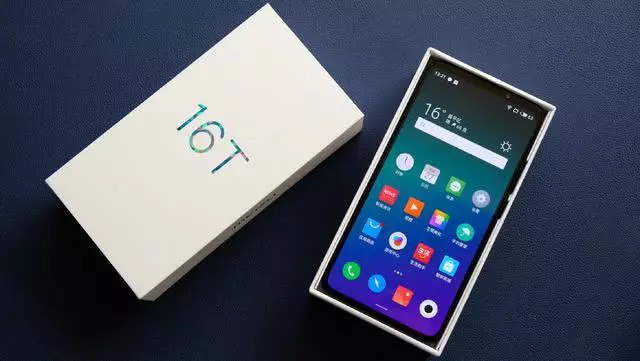
Among them, the most humbled one is Meizu 16T.
Originally, on October 23, Meizu chose Samsung AMOLED eye protection screen to release its new flagship to make a comeback, but on the same day, it was slapped in the face by the certification body TÜV of Germany.
No matter how this posture is finally solved, it is always a bit ugly.
⑥
Innovation and Subversion
○
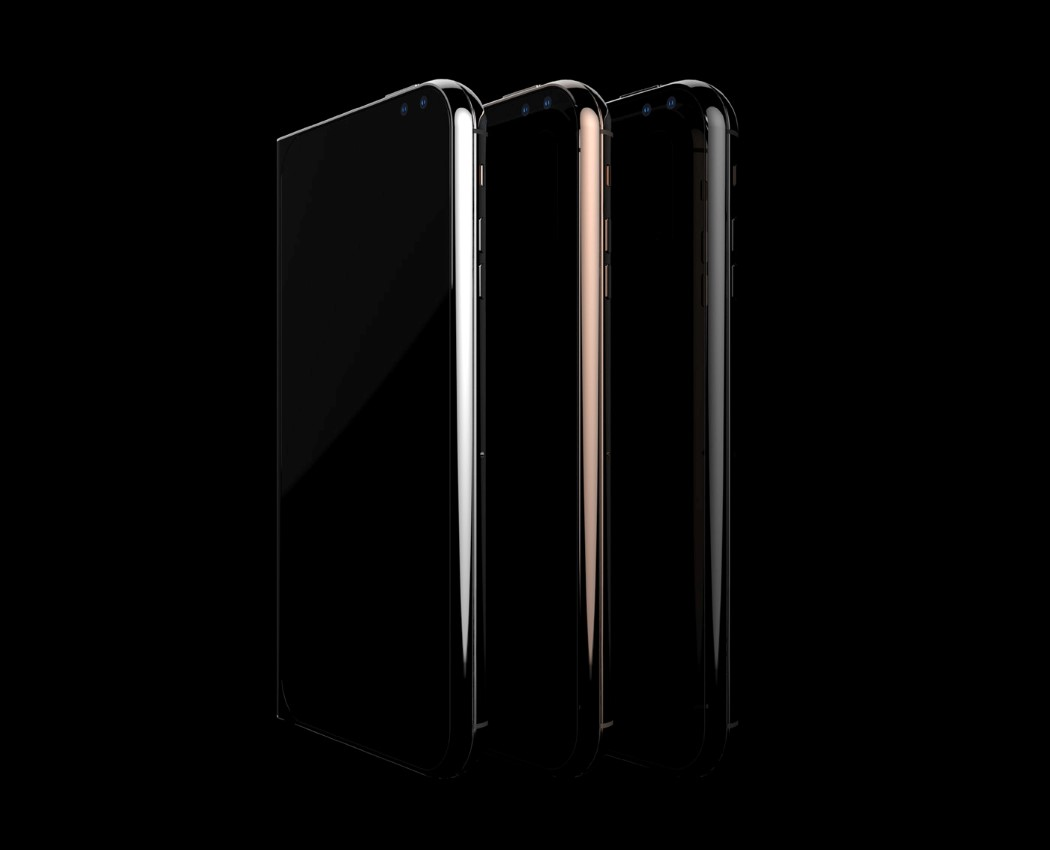
I have seen the "initial split" of the group of winners and the "final carnival" of the group of losers, no matter what they have become now, and where they will go in the end; they focus on nothing more than innovation and Subversion.
After all, for mobile phones, which are rich in black technology, technology, materials, concepts and designs change too fast; they need constant self-examination and self-change to keep up with the tide of the times.
Samsung, Apple, vivo, Xiaomi, Huawei, Microsoft, Essential, OPPO and Google are splitting up in order to stabilize their position and take the lead in the concept of the next generation of mobile phones.
Energizer, Palm, Motorola, TCL, Banana, Google, Nokia, HTC, Sony, RED, Blackberry and Meizu are going crazy in order to cater to the market to the maximum extent and win a breath.
However, compared with the great changes that took place on GSM mobile phones around 2000, this time the actions of the "eight masters" and "twelve knights" are obviously less intense.
Of course, the shape of the smart phone in 2000 has not yet been determined, and even the functions of the mobile phone need us to explore step by step.
Until 2007, Apple merged the strengths of each family and became a master of the generation with its unique design aesthetics. This certainly drew a clear framework for the current smart phones and also made great contributions to Apple. However, it also restricted the development of smart phones to a certain extent, leading to the current rampant of Apple-like mobile phones.
Xiaomi tore open the "dark curtain" of Apple and Samsung with cost performance, which led to the rapid rise of Internet mobile phones; and its efforts on the full screen and surround screen can be regarded as the first person to eat crabs.
Although Huawei is low-key, its authenticity in camera, its boldness in folding and its aggressiveness in 5G have pushed up the ranks of manufacturing in China by itself, even if it is currently limited to the communications market.
However, the innovation of the two is still not as deep as that of iPhone, not to mention that these eight families have left one hand and the twelve knights are too hard; they can not fundamentally affect the formation of "next generation" communication equipment.
We seem to be just iterating through countless innovation paths, but there is no obvious path to outline.
Of course, this also has something to do with Huawei's failure to get the G-spot of mobile phone innovation, Xiaomi's limited influence, Samsung's failure to save, and Apple's Japan-thin Shanxi.
Regarding the "next generation of communication equipment", we need a revolution similar to iPhone style too much.
And the reason why this revolution has not appeared:
From a technical point of view, the technological innovation of the mobile phone industry depends on the breakthrough progress of the supply chain; but with the failure of Moore's Law, the production process of the processor reaches its limit, and the strong artificial intelligence cannot find a direction for a while, the ceiling of the mobile phone industry is faintly visible; and because users are eager for immersion, this also limits the development direction of mobile phones to some extent.
From the perspective of the development of the entire mobile phone market, after nearly a decade of rapid growth, the domestic and foreign mobile phone markets have ushered in the era of stock; Huami OV will usher in more intense internal competition, and Apple's iOS ecology will also be It is the enemy of every eye.
When the hardware touches the ceiling, all we can expect is breakthroughs in AI (artificial intelligence) and XR (augmented reality, virtual reality, mixed reality) technologies.
⑦
Future mobile phones
○
What is the future hand opportunity like?
The human body implanted chips are too punk and 5G cannot affect the form of mobile phones. The Internet of Everything is still a utopia.
What we are most likely to achieve is folding mobile phones. The current full screen, multi-camera and mechanical lifting have no "intergenerational sense". Only folding is our maximum integration of materials, concepts and designs.
Have you found that whether it is Samsung Fold, Huawei Mate X, Xiaomi MIX Alpha or Motorola RAZR, they all tend to have the same feature: a folding screen blessed by "handle.
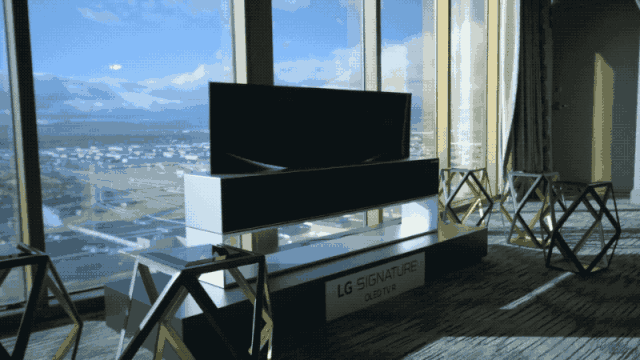
And considering that the current TV can already be mechanically lifted, why should we stick to folding.
Can't the scroll-shaped expansion posture work?
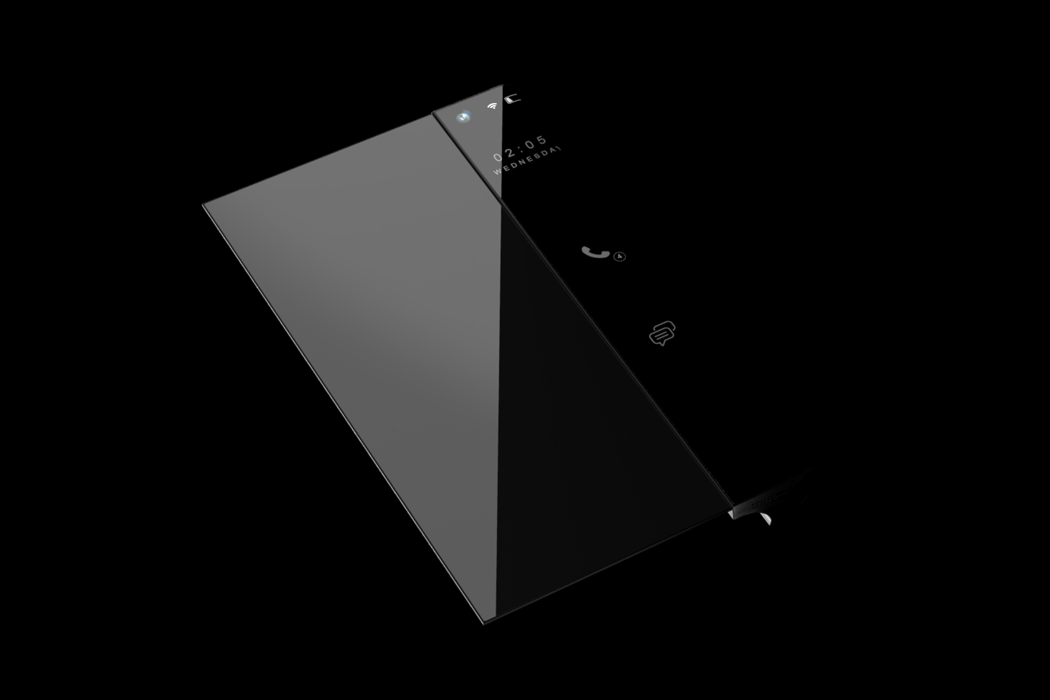
Designer Pranab P Kumar made an unofficial concept Galaxy Stick for Samsung.
Perhaps, the current flexible screen cannot be folded in 180 degrees and twists and turns in 90 degrees for the time being, but we have not tried whether it can be bent in 45 degrees. Moreover, it is obvious that retracting the handle of the screen can prevent the screen from being bumped to a great extent.
The handle itself, because it is difficult to reach the limit in a short period of time, we can consider loading basic functions on the handle itself. For example, the handle itself can answer the phone, and what's more, it can be frantically added with a screen, so that the handle can also be adapted to the sidebar with the stretching posture of the reel screen......
Although the reel may be more complicated than the hinge, is the reel shrinking more beautiful than the simple and crude folding method of the hinge?
In appearance, the mobile phone shows enough stretchability, and its future in the system is likely to be three parts of the world.
The open Android will still be the mainstream, the closed iOS will still retain its willfulness, and the third party Hongmeng OS, which was initially forced by the situation, may show sufficient scalability.
Too few users is the short board of Hongmeng, but too many users may not always be the moat of Android and iOS.
Hongmeng can iterate faster and more flexibly, and it is not impossible to replace App ecology with the "new ecology" in the era of Internet of Everything.
And this new ecology is likely to become customized system layer applications based on different electronic devices, plus peripheral general-purpose expansion applications; and they may be integrated in one account or one module, and multiple devices Use a certain universal interface.
In the end, mobile phones are likely to become more and more open, and in the end, they may be directly independent of the hardware department, similar to the tower company, not only the customized systems between the devices, but also the three systems can be switched at any time.

We are not sure which of the above eight or twelve knights is closer to the future, and who has already preset the future?
We are not even sure whether an electronic device like a mobile phone will exist in the future, or how long it will exist?
Smartphones have only been around for a decade, and they will be replaced by new species only faster.
Think carefully, what we need is never a mobile phone, nor is it just a mobile phone.
Just a more convenient, personal and magical internet tool.
Now energy limits the battery life of mobile phones, materials limit the shape of mobile phones, and concepts limit human-computer interaction; we have reached the crossroads of smart phones, and the next generation of "communication equipment" is about to emerge.
And in the process we experienced:
The Japanese mobile phone went from a glorious hundred flowers blooming to Sony's self-appreciation, and was finally destroyed by Apple, an invasive species, all around the world and even locally, leaving only the final struggle.
From the initial arrogance and prejudice to Samsung's prosperity and decline, Korean mobile phones were finally expelled from the Chinese market by the domestic camp, leaving only the last stubbornness.
Although American mobile phones have always been stable, from Motorola to Apple, they can only drop themselves to cater to users again and again, leaving only the final dignity.
Today, there may be some users who have fantasies and can shed their blood for their faith.
But why do these "beliefs" that can stay on the keyboard pay for them with their wallets?
PS: Some materials come from @ yankodesign @ Sohu
The copyright of this work belongs to 何鲸洛. No use is allowed without explicit permission from owner.

New user?Create an account
Log In Reset your password.
Account existed?Log In
Read and agree to the User Agreement Terms of Use.

Please enter your email to reset your password
Seeing Samsung is afraid of bombing
It's a great writing. Look at the whole article.
He Da updated the article again ~ ~
The software is somewhat long.
Can pay attention to the hammer ah, hey hey, there is already hammer powder around to start directly